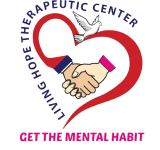Detoxification
Detoxification, often referred to as detox, is an essential component of addiction treatment. It is the process of removing toxic substances, such as drugs or alcohol, from the body and managing the withdrawal symptoms that may arise when a person stops using these substances.The primary goal of detoxification is to safely manage the physical effects of withdrawal while ensuring the individual’s safety and comfort.
Withdrawal symptoms can vary depending on the substance used, the duration and intensity of use, and individual factors. These symptoms can range from mild discomfort to severe and potentially life-threatening complications. The specific approach to detoxification will depend on several factors, including the substance of abuse, the severity of addiction, and any underlying medical or psychiatric conditions.
In most cases, when a client is brought,medications are prescribed during detox to help alleviate withdrawal symptoms and reduce cravings.
Detoxification is an important initial step in addiction treatment, but it is not sufficient on its own to achieve long-term recovery. Following detox, individuals are encouraged and ushered into engaging in further treatment, such as counseling, group therapy, support groups, to address the psychological, social, and behavioral aspects of addiction.
It is crucial to note that detoxification alone does not address the underlying causes of addiction or provide the necessary tools for sustained recovery. Therefore, it is recommended that individuals undergo comprehensive addiction treatment beyond the detoxification phase to increase their chances of successful recovery.

With access to
24 Hour
Emergency
Assistance
Our team is always available 24 hours in case of any assistance needed, feel free to contact us











